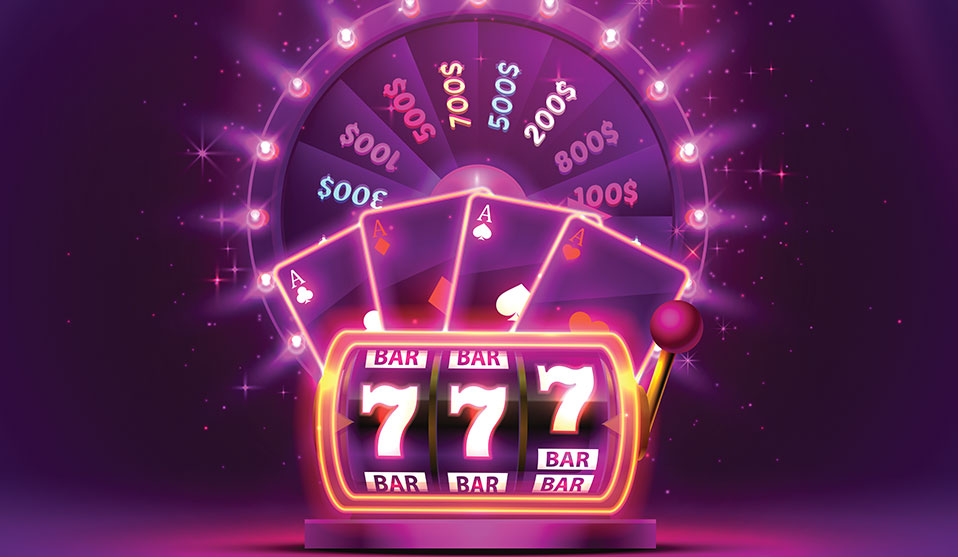Slot games, those iconic machines flashing lights and spinning reels, have held a special place in the realm of gambling and entertainment for over a century. Evolving from mechanical contraptions to digital marvels, slot games have continuously adapted to the changing times, captivating players with their blend of chance, excitement, and endless possibilities. In this article, we embark on a journey through the fascinating world of pg soft games, exploring their history, mechanics, and enduring appeal.
The Evolution of Slot Games: The origins of slot games can be traced back to the late 19th century, with the invention of the first mechanical slot machine by Charles Fey in 1895. Fey’s Liberty Bell machine featured three spinning reels adorned with symbols like horseshoes, diamonds, and bells. It was a simple yet revolutionary device that laid the foundation for the modern slot machines we know today.
Over the decades, slot games underwent numerous transformations, from the introduction of electromechanical components in the 1960s to the digital revolution of the 1980s and beyond. The advent of video slots in the 1970s marked a significant milestone, paving the way for more intricate gameplay, enhanced graphics, and immersive themes. Today, online slots dominate the landscape, offering players a vast array of options accessible from the comfort of their own homes.
The Mechanics of Slot Games: At the heart of every slot game lies a complex algorithm known as a random number generator (RNG). This software determines the outcome of each spin by generating a sequence of random numbers, which correspond to the position of the symbols on the reels. While the results may seem random to players, the RNG ensures fairness and unpredictability, creating an element of excitement and suspense with every spin.
In addition to the RNG, slot games feature various elements such as paylines, reels, and bonus features, each contributing to the overall gameplay experience. Paylines determine the winning combinations, while reels are the vertical columns that spin to reveal the symbols. Bonus features, such as free spins, multipliers, and interactive mini-games, add an extra layer of excitement and anticipation, keeping players engaged for hours on end.
The Psychology of Slot Games: What is it about slot games that make them so alluring? The answer lies in the intricate interplay between psychology and game design. Slot machines are expertly engineered to exploit certain psychological principles, such as variable rewards, sensory stimulation, and the illusion of control.
Variable rewards, for example, are a key component of slot game mechanics. By offering unpredictable payouts at irregular intervals, slot machines tap into the brain’s reward system, triggering a dopamine response that keeps players coming back for more. Similarly, the sights and sounds of slot machines, from flashing lights to catchy sound effects, create a sensory-rich environment that heightens the overall experience.
Conclusion: Slot games have come a long way since their humble beginnings, evolving into sophisticated gaming platforms that blend technology, psychology, and entertainment. From the clunky mechanical machines of yesteryear to the sleek digital interfaces of today, slot games continue to captivate players with their timeless appeal and endless possibilities.
